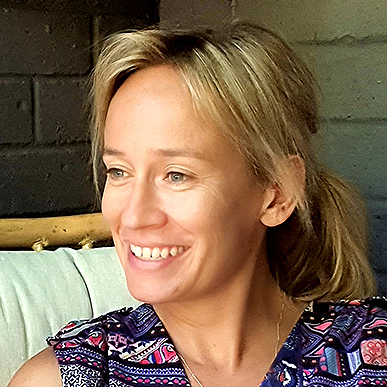How Ataya works: One presenter and their work – in exchange with the audience. Each Ataya session engages with selected work by the presenter (a text, artwork, performance, even food). The presenter introduces their work and grounds the subsequent discussion with the participants. For best engagement, we recommend participants to view the work (made available in advance on our website) before the session. More on the Ataya Series
Ataya: HUMA Interdisciplinary Seminar Series
Speaker: Elana Moore (University of Cape Town, South Africa)
Project/Paper: Please read 'Family care for older persons in South Africa: heterogeneity of the carer’s experience' by Elana Moore in International Journal of Care and Caring (2003). Article made available with the kind permission of the author.

Bio: I am an Associate Professor of Sociology in the Department of Sociology at the University of Cape Town, South Africa. I am the author of Generation, Gender and Negotiating Custom in South Africa (Routledge, 2022), Divorce, Families and Emotion Work (Palgrave, 2017) and (with Chuma Himonga) Reform of Customary Marriage, Divorce and Succession in South Africa (Juta & Co., 2015). My work has appeared in the Journal of Family Issues; Gender & Society; Critical Social Policy; Current Sociology, Feminist Economics, Families, Relationships and Societies; and the Journal of Southern African Studies. I am a recipient of the Distinguished Teaching Award 2021, University of Cape Town. I am currently co-editor for the journal Families, Relationships and Societies, and I am on the editorial board for Sociology. I recently set up an exciting new research programme on Family Caregiving of Older Persons in Southern Africa funded by a Wellcome Career Development Award, for details, see familycaregiving.org.za.
Topic: In Southern Africa, family care of older persons is the dominant, and often only, means of support. The presentation looks at family care of older persons and situates local conceptualisations of care against dominant care discourses to highlight the divide between global academic and policy hegemony and the contrasting, context-sensitive analysis of care practices of older persons. Global models of elderly care that derive from Anglo- and Euro-centric hegemonies of age, biology, frailty, independent living, transition and need must be carefully assessed in relation to the local to ensure that care is appropriate and sustainable.
In the seminar, I will locate South African contemporary care practices in their colonial histories, migration flows, social protection systems and changing economies, as I bring to the centre the ways in which people understand care and caring in the specific contexts they endure. Care cannot be understood without consideration of the social processes that have determined the conditions for caring. In focussing on the South African context specifically, I highlight the heterogeneity of employed women’s experience of family care for older persons by focusing on multigenerational households. First, I argue that care for older persons must be understood in the context of multiple family responsibilities. Second, I show that care for older persons occurs in a context of inequalities that remain in post-colonial settings where there is highly uneven access to material resources, high levels of unemployment, poverty and limited social welfare provision. From this understanding of care, I argue that women’s position within broader care relations reveals elements of differentiation between women who occupy different class and racial positions.
